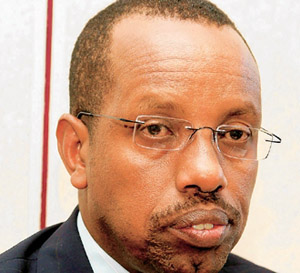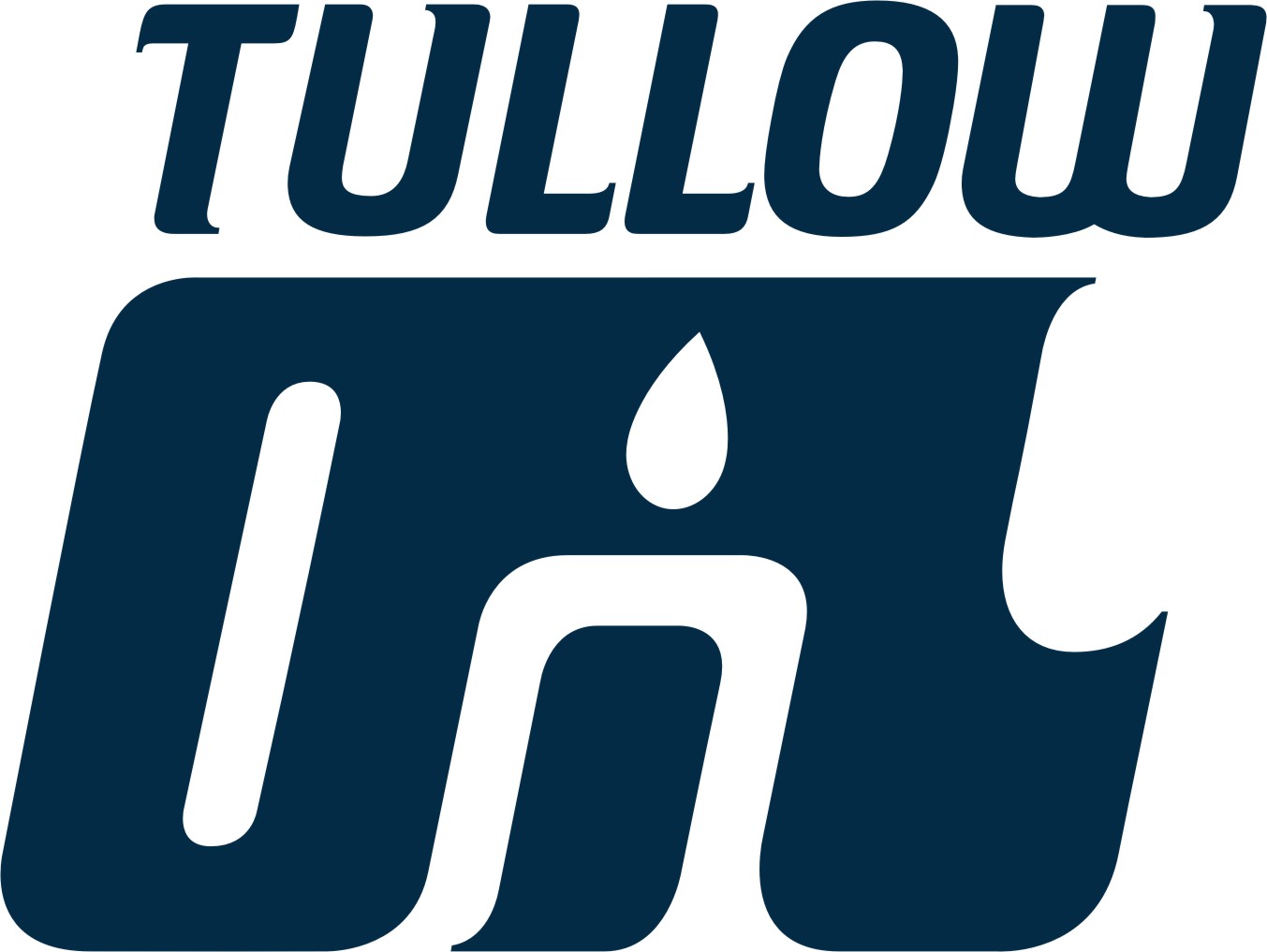If the economy were a man (or woman) in say Mogadishu and the Ugandan economic crisis were a famine, the response by the government to that “crisis” has been to say where food scarcity is the problem then the solution is a hunger strike. This appears to be the broad direction the government through the Central Bank has taken when it raised interest rates yet again last week in the hope of restraining inflation.
According to Keith Muhakanizi, the Deputy Secretary to the Treasury, who came to the Hot Seat ( on KFM) on Tuesday to assure the country that the fundamentals of the economy were great, ” If we are to fix inflation we need to hurt growth at least in the short term”.
Am not convinced this is a winning formula.
If the starving man requires less food where food is scarce, he is also not strong enough to tend to his garden so that he may raise more crop to put food on his table in the future.
In other words simply dealing with inflation by targeting money supply ( money essential to production and generation of jobs) will not fix the economy. Ugandans need money to invest but the Central Bank views “excess” money in the economy as the enemy.
Is it?
This discussion, about how to massage the economy back to life, continued today with the Honorable Leader of the Opposition Nathan Nandala Mafabi – who among others said he intends to summon the Central Bank governor Emmanuel Tumusiime Mutebile on a variety of issues, including the currency reform of 2010.
According to Mafabi, the Opposition believe inflation is above 50%. They in part blame the currency reform under BoU amongst other factors.
Just to digress here in a conversation with Andrew Mwenda yesterday he told me that two commercial banks had informed him about large quantities of fake currency in the market (over 500 billion) which the Central Bank is aware of but has not informed the public about.
Well, Mafabi does not believe simply starving the economy of credit in the name of inflation will work either. Over to you.
Darkness at …....
“Sorrows follow me like crows” is a saying I recall was a favorite of one of my uncles now a jurist. Many African societies have similar sayings that go something like “when trouble visits it brings along its relatives”.
In the case of Uganda, the economy is starving yes but it also has a running fever; It’s energy sector
This Friday Aggreko, the emergency power producer we wrote about on this blog, will shut down the last of its power stations ahead of the deadline for decommissioning the same plant based in Mutundwe outside Kampala. The plant was meant to be shut down that in December.
However Tax officials, according to my sources, slapped a bill of 100 million US Dollars, on the firm in back taxes (VAT) forcing it to quit the Ugandan market early.
The company says the environment is simply not conducive to doing business. The tax was the last straw. The company is owed billions in arrears by the government. Shell its fuel supplier has cut supplies.
“ Right now Aggreko’s Mutundwe plant is running on reserves at its on site tanks which expire on Friday” according to one official.
Uganda’s tax collector had originally exempted VAT on fuel for electricity production but recently changed its mind according to those familiar with the situation. In fact tax exposure in the electricity sector has climbed to 33% after adjustments in a new Income Tax Law.
All this is important because Uganda will lose some 100MW after Aggreko pulls the plug this weekend increasing load shedding making the bad economy well considerably worse.
Energy officials have few options for power. Their troubles have truly many relatives. They may import from Kenya (which will likely turn on a thermal plant and bill the country highly) or alternatively they could run the hydro power plants in Jinja at higher capacity continuing a row over how much water Uganda can use for electricity production without getting into trouble with its neighbors.
Testing of the Bujagali dam is on-going but with Thermal power plants being shut down any electricity from the brand new dam will go to feed a deficit.
Even if the government would like to extend Aggreko’s contract in the face of bad options in this bad economy it may be difficult with the company feeling aggrieved as it is now.
Am no supporter of expensive thermal power having opposed it years ago when it was introduced precisely for that reason and this development vindicates that view. However it appears the government is severely disjointed right now in the face of severe economic shocks.
The cabinet has today offered an incentive for fuel imports (a rebate of shs 150 per litre imported via Tanzania) but it still fails short of an industrial tender I have proposed and discussed with various government officials.
An industrial tender is a joint import of all petroleum needs for the country for a specific period. A discount should help keep prices lower and also predictable across the sector, which is unregulated. The government could also hopefully if it accepts restock its reserves.
This short term measure requires its own discussion but right now lets all brace for the tough (and dark times ahead). With electricity in short supply, inflation high, credit difficult, one wonders what the next piece of news will be.
Hold on.










